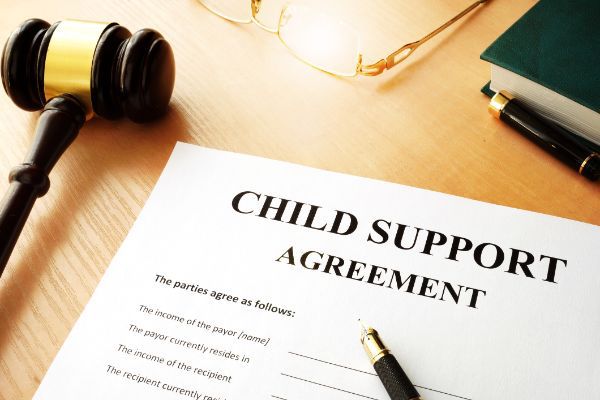Child support consists of court-ordered payments designed to cover the “reasonable needs” of children for their “health, education, and maintenance.” The issue is can be a heated one—not so much because parents don’t want to meet their children’s needs, but because it involves one person making monthly payments to their former partner, who has the discretion to determine how it should be spent. Nevertheless, absent an agreement between parents, courts will always order one parent to pay child support for the benefit of the child.
Both Parents are Financially Responsible for their Children
Both parents share a duty to financially support their children. While only one parent makes child support payments to the other, it is presumed that the receiving parent is financially providing his or her share for the child’s benefit.
Courts follow presumptive “guidelines” when calculating child support. For couples who make less than $360,000 combined, North Carolina bases its child support calculations on an “income shares” approach, which looks at the family’s combined gross income as if it were a cohesive family unit. The calculations then look at each parent’s income, the number of overnights the child spends with that parent, health insurance coverage paid by one parent on behalf of the child, work-related childcare expenses, and the child’s needs, then determine each parent’s proportionate child support obligation based on pre-determined percentages. When the payment amount has been ordered, the paying parent must pay their support monthly.
Courts Can Deviate from the Guidelines
Courts may deviate from this presumption based on the request of any party and a determination that the guideline amounts “would not meet or would exceed the reasonable needs of the child considering the relative ability of each parent to provide support or would be otherwise unjust or inappropriate”. This examination can look at evidence of each parent’s wealth, contributions to the household, their standard of living, and “other facts of the particular case”.
Past Due Child Support
When child support payments are not paid by their due date, the delinquent amount is referred to as “arrears”. Further, when these child support arrears build, or accrue, they become legally binding obligations that the court cannot modify. Failing to pay child support can have steep penalties ranging from suspended driving and professional licenses, to wage withholding, to jail time.
Child Support Can be Modified
Child support orders can be modified if a requesting party can demonstrate “changed circumstances” since the rendition of the prior order. This generally includes significant increases or decreases in income, a change in the child’s needs that require more or less financial support, or a change in the custodial schedule.
New Direction Family Law
If you need help resolving a child support issue or want to seek a modification of an existing order, New Direction Family Law can help. Our attorneys are smart, thoughtful, and effective advocates who will zealously pursue your best outcome. Contact us today. Our office serves men and women in Wake, Johnston, Durham, and surrounding counties. Call New Direction Family Law today at (919) 719-3470 to schedule an appointment, or contact us at our website.

